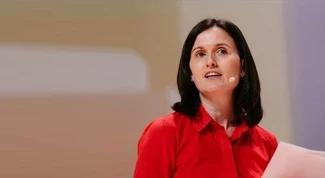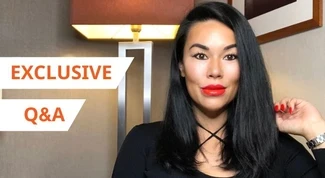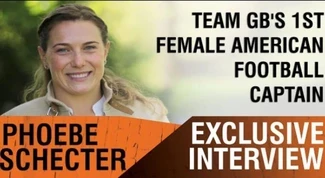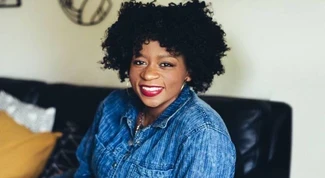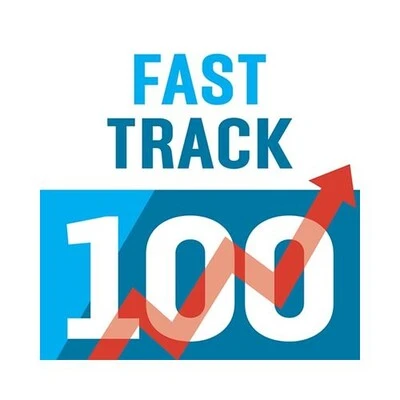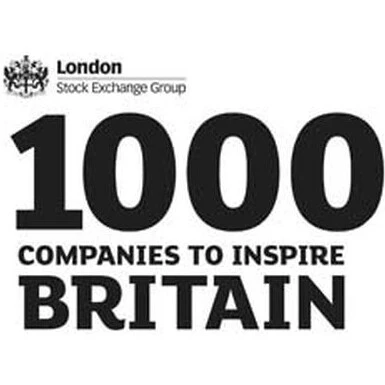Following the Olympic Opening Ceremony in Tokyo, we sat down with Matt Langridge, to learn what it takes to be a Gold-standard Olympian. Matt is a multi-World Rowing Champion, whose career in athletics saw him compete in multiple Olympic Games. A skilled competitor, his insight into teamwork and peak performance stems from personal experience.
In this official interview, discover the physical and mental requirements of Olympians, how to manage pressure and Matt’s career highlight.
Q: What specific physical and mental skills are necessary to thrive as a rower?
“I think certainly with the physical aspect of it, you have rowers who tend to be reasonably tall. I think leverage is a big aspect of it, you certainly need to have a good set of lungs, it’s a big endurance sport.
“They are kind of the key physical things. Obviously, there’s ranges and parameters - in my eight that won in Rio, I was probably one of the shorter athletes, I’m 6ft 4, but then we had a guy in the boat who was 6ft 10. But then, equally, in Beijing, one of the guys I raced with was only 6ft.
“So, there is a range, but we do tend to be at the taller end of the population. I think that's definitely the physical aspects of it, but in terms of the mental, I think it's the determination.
“As people, we are probably pretty driven to be successful; there's a lot of training required. When people ask me, ‘what is it you love about rowing?’, it's a hard sport to really explain, because on paper, it's early mornings, it's cold winter days. It's long training sessions, it's hard work, it's very few days off. So it's just hard to explain where you find enjoyment.
“But I think it comes from the fact that you put all that hard work in, so when you do get those rewards, it feels so much better because the success is so much greater, and the sense of achievement is so much greater.”
Q: What do you think constitutes a successful team?
“I think, for me, the main thing is having one common goal. Certainly in rowing and going to the Olympics, it was an obvious one. For us, going into [the 2016 Rio Olympic Games], we wanted to win, that was our common goal.
“But actually, it's more basic than that. It was about making the boat go as fast as possible, ultimately to win - that was one uniting common goal. And it meant that no matter whether we disagreed or agreed, that was ultimately what we were all trying to achieve.
“We might have different objectives, different opinions, but actually, we were all trying to achieve the same thing - which really helped to bond us.”
Q: How do you manage pressure?
“I think for me, ultimately, I never really felt the external pressure, I put immense internal pressure on myself. Especially when I was younger, as I was very fixated on the end goal. I was always fixated on the Olympics.
“I would sometimes not give the stuff along the way, the credit it deserves. I think it was after London when I came away disappointed – I had definitely gone into London believing that we could get the Gold medal, so to come away with anything but was naturally a disappointment.
“I looked at myself and said, ‘ok, well, if I'm going to carry on for another four years, what can I change?’ I think, physically, there weren’t things I could change, but actually, my mental approach was something that I could change.
“I think that that kind of expectation, the whole four years was just pinned on that one result, I’d forgotten to enjoy the journey.”
Q: What has been the highlight of your career so far?
“The obvious one is always going to be [the 2016 Rio Olympic Games], that, I think, is obviously the crowning glory. But I'd also say that one of the biggest highlights of my career was when I won the Junior World Championships, and I was 18. People are always a little bit shocked because since I've obviously won Olympic medals and senior World Championships.
“But the reason why I’d say that is a big highlight for me is that it was very self-motivating, it was self-managed. When you are in a big team, like Team GB, you have this massive support circle of staff around you – you are a cog in a much bigger machine. Yes, you go out and perform, but so many other people get you there.
“Whereas, when I won the Junior World Championships, it was just me and my coach. I had two coaches, so it was a small team that was self-driven. We were training out of a wooden shed, and we wrote our own training programmes, so I was much more part of the whole process.
“For me, when we achieved that goal, it was much more satisfying because I felt like I had ownership.”
Book Matt Langridge
Contact the Champions Speakers agency to provisionally enquire about Matt Langridge for your event today. Simply call a booking agent on 0207 1010 553 or email us at [email protected] for more information.
